Home > Climate News >
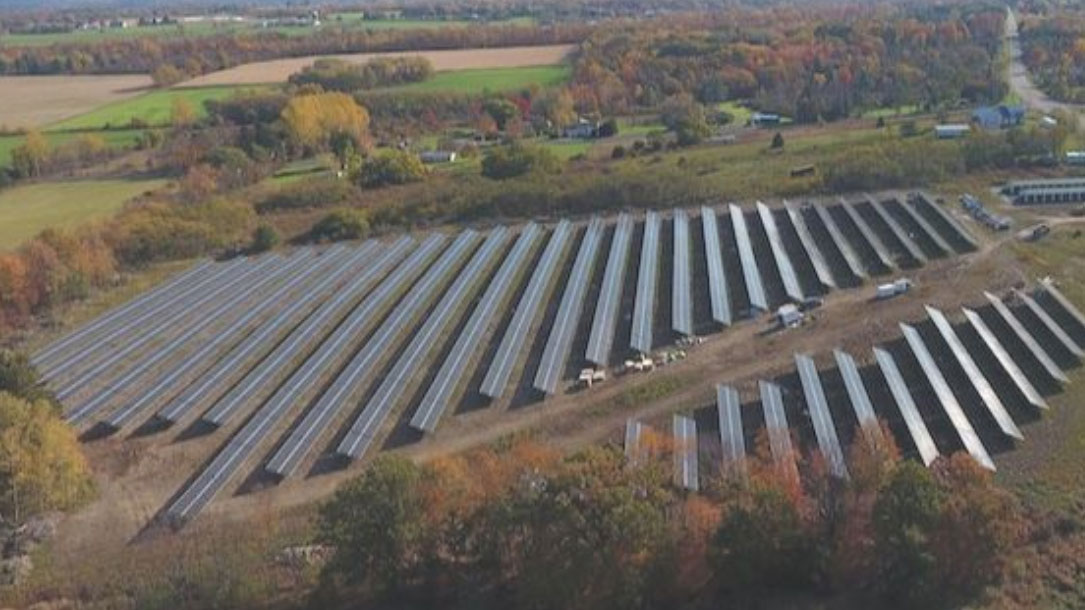
Common Energy has made a generous investment in ADK’s mission to protect New York State’s public lands and waters
While the Adirondack Mountain Club (ADK) isn’t often considered a land trust it has a long-standing conservation ethic and is respected by many. ADK is dedicated to the conservation, preservation, and responsible recreational use of the New York State Forest Preserve and other parks, wild lands, and waters vital to their members and chapters.
This week they announced a partnership as follows:
We are excited to tell you about our new partnership with Common Energy!
With a shared interest in the environment, Common Energy has made a generous investment in ADK’s mission to protect New York State’s public lands and waters.
Common Energy enables virtually anyone to connect their existing utility account to a local, clean energy project. Energy from the project replaces fossil fuel-based generation, lowering emissions and pollution. Each month, participants receive clean energy credits from the project, lowering their energy cost. Enrollment is free and can be completed in a matter of minutes. Common Energy’s program has been made possible through New York’s Shared Renewables Program, which was established by Governor Andrew M. Cuomo in 2015.
We look forward to working with Common Energy in the months ahead to publicly promote steps that individuals can take to reduce their carbon footprint, decrease the community’s dependence on fossil fuels, and lower emissions and pollution across New York State.
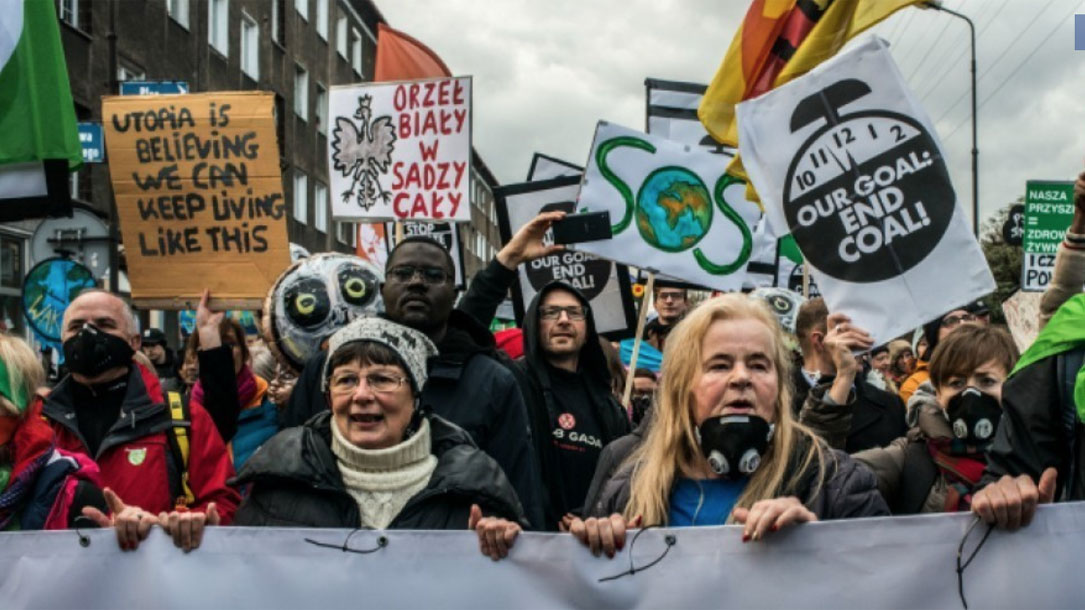
The terrible truth of climate change
“In June, I delivered a keynote presentation on Australia’s vulnerability to climate change and our policy challenges at the annual meeting of the Australian Meteorological and Oceanographic Society, the main conference for those working in the climate science community. I saw it as an opportunity to summarise the post-election political and scientific reality we now face…”

Yale Climate Opinion Maps 2018
These maps show how Americans’ climate change beliefs, risk perceptions, and policy support vary at the state, congressional district, metro area, and county levels. Please see the most recent version of these maps here.
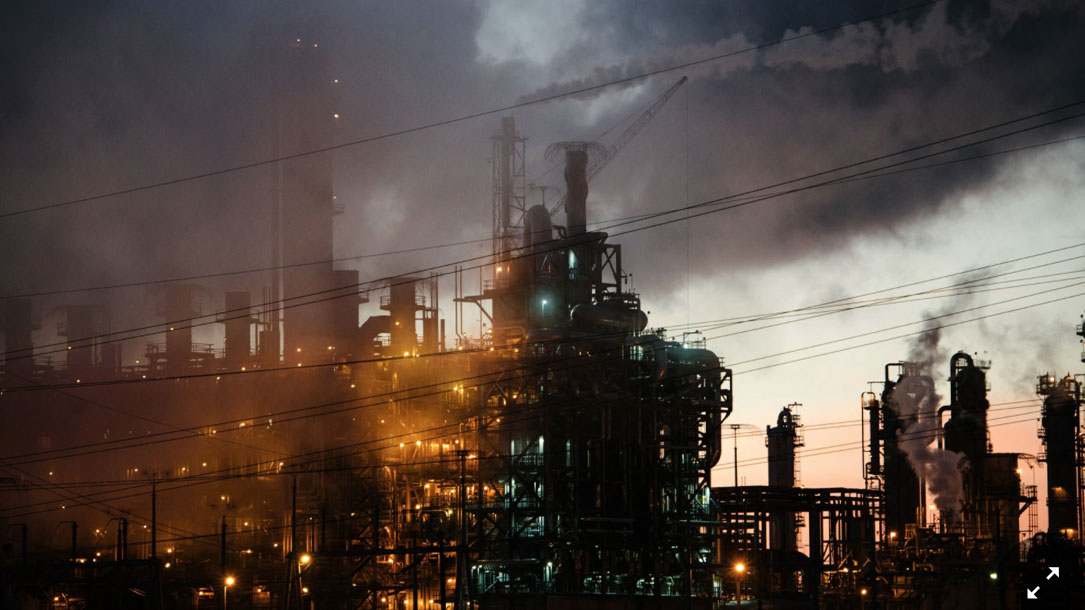
Global Greenhouse Gas Emissions Data
Carbon dioxide (CO2): Fossil fuel use is the primary source of CO2. CO2 can also be emitted from direct human-induced impacts on forestry and other land use, such as through deforestation, land clearing for agriculture, and degradation of soils. Likewise, land can also remove CO2 from the atmosphere through reforestation, improvement of soils, and other activities.
Methane (CH4): Agricultural activities, waste management, energy use, and biomass burning all contribute to CH4 emissions…
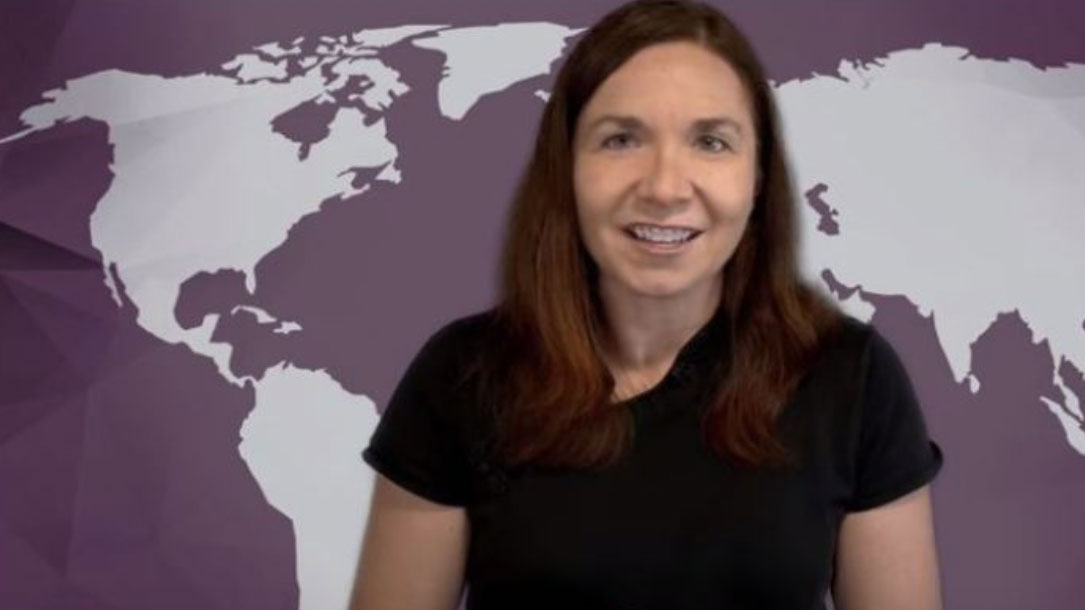
If I just explain the facts, they’ll get it, right? Maybe not…
Katharine Hayhoe, one of the world’s most respected climate scientists and climate communicators, has created a video explaining why just providing facts on the impact, and importance, of climate change may not work with some audiences.
Check out her short video. This might be something you could play for a local committee, your land trust’s working groups or board, or at a land trust staff meeting.
The concept is true for all communications. (So it’s worth watching for a variety of reasons.)

Global warming pushes microbes into damaging climate feedback loops
“[G]lobal warming is supercharging some microbial cycles on a scale big enough to trigger damaging climate feedback loops, research is showing. Bacteria are feasting on more organic material and producing extra carbon dioxide as the planet warms. In the Arctic, a spreading carpet of algae is soaking up more of the sun’s summer rays, speeding melting of the ice.
Deadly pathogenic microbes are also spreading poleward and upward in elevation, killing people, cattle, and crops…
Research has shown that accelerated microbial activity in soils will significantly increase carbon emissions by 2050. In another study, global warming favors fungi that quickly break down dead wood and leaves and release CO2 to the atmosphere.
Other warning signs from the microbial world include spreading crop diseases that threaten food security, microbial parasites that threaten freshwater fish, as well as the fungal epidemic wiping out amphibians world wide…
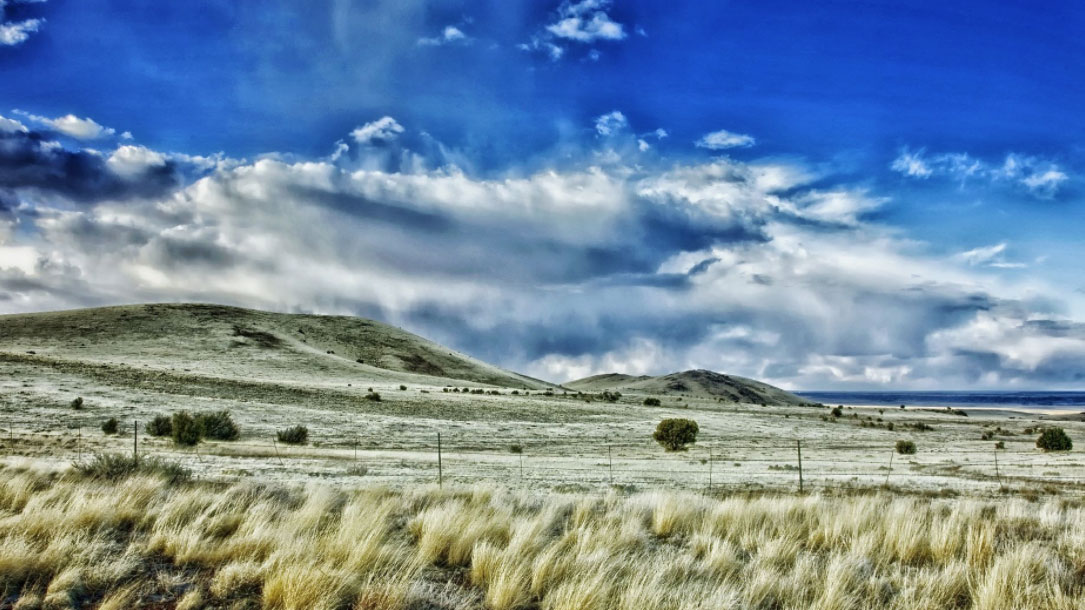
So what? Who cares?
Why should New Mexicans care about climate change? What will the impacts be on our daily lives and in our communities? How do scientists know that climate change is happening and how do they know what it will impact?
Jim O’Donnell of the Taos Land Trust talks with New Mexico State Climatologist Dave Dubois earlier this spring. They have a whole series of podcasts you might like as well.
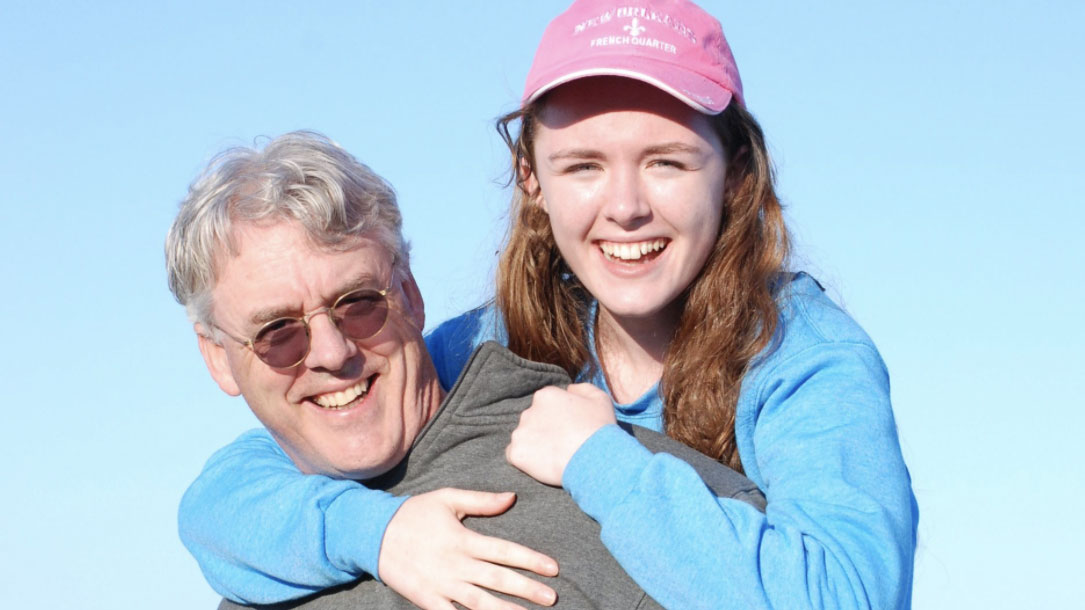
Children Change Their Parents’ Minds about Climate Change
Postulating that pupils might be ideal influencers, researchers decided to test how 10 to 14–year-olds’ exposure to climate change coursework might affect not only the youngsters’ views, but those of their parents. The proposed pass-through effect turned out to be true: teaching a child about the warming climate often raised concerns among parents about the issue.
Fathers and conservative parents showed the biggest changes in attitudes, and daughters were more effective than sons in shifting their parents’ views. The results suggest that conversations between generations may be effective starting points in combating the effects of a warming environment.

Top GOP Pollster Finds Overwhelming Support for Carbon Tax by Millennial Republicans
“This is the first time we’ve polled a climate plan that has real positive appeal across Republicans and Democrats.”
A new survey finds Republicans under 40 support a carbon tax 7-to-1. And a remarkable 85% of Republican millennials are concerned that “the current Republican position on climate change is hurting the party with younger voters.”
But what makes this result so striking is that the survey was conducted by Frank Luntz, a top GOP strategist and pollster. Luntz wrote an infamous memo in 2002 detailing the exact words conservatives should use if they want to sound like they care about climate change without actually doing anything about it.
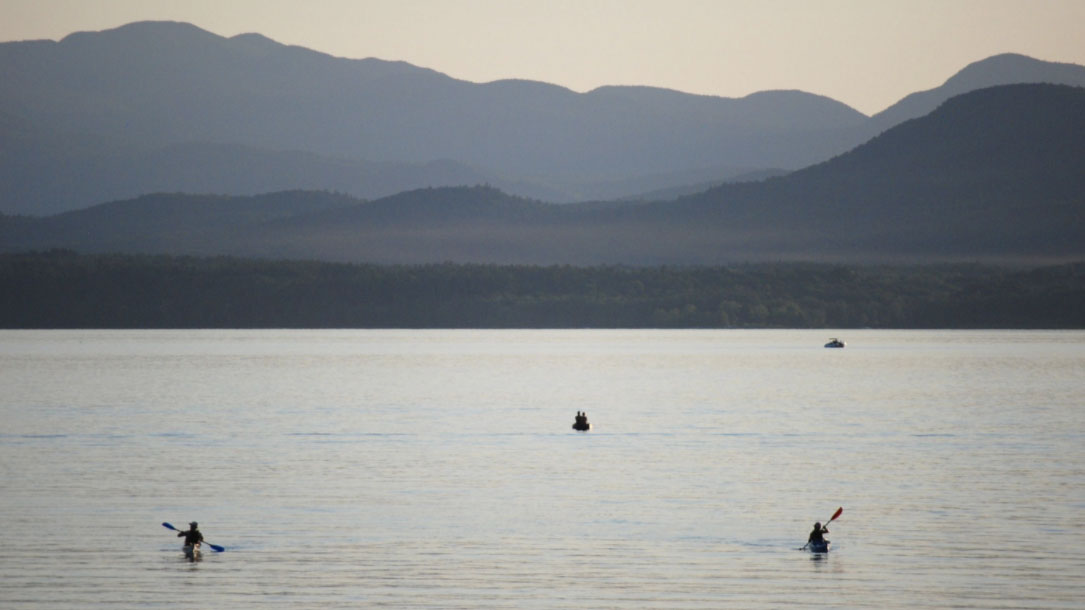
Yes, It’s Time to Update Our Climate Change Language
“I think using the appropriate language and images is very important,” says Stephan Lewandowsky, a University of Bristol cognitive psychologist who researches public opinion on climate change.
“Concerning the specific term ‘climate crisis,’ I think it strikes an appropriate balance of conveying urgency without hyperbole.”












